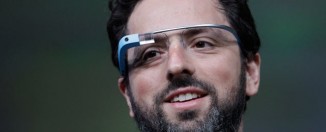Windows Mobile “will be dead by 2011”
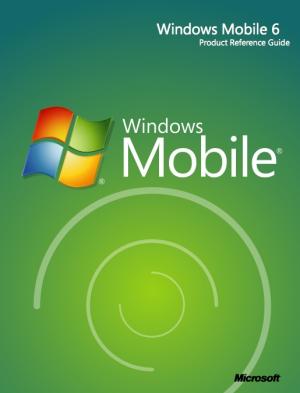
In an intriguing article, long-time technology pundit Bob Cringely has made a compelling case for the death of Windows Mobile. He is, as he admits, no expert on mobile phones, but this counts in his favour as he has no bias towards one platform or another.
Analyzing the current mobile phone market and some of the announcements that have been made this year, he predicts that Apple’s iPhone will become the dominant smartphone platform, Google’s Android will be second, and Symbian and RIM fighting each other for third place. Windows Mobile, meanwhile, will simply wither on the vine and eventually be killed off by Microsoft.
Windows Mobile vs Symbian
It’s an interesting hypothesis, and most of it I agree with. Windows Mobile fought the smartphone battle with Symbian for years, yet never managed to make any headway. Symbian, though, for all its success, is a pig of a platform to develop for, which drastically reduces the number of programmers willing to devote their careers to developing the apps that the platform needs to maintain its momentum in an increasingly competitive marketplace.
If Windows Mobile, a more open and easier to develop for platform, can’t beat something as old and cranky as Symbian, what hope has it got against the likes of the iPhone and Android?
The terminal pains of Windows Mobile
he PC
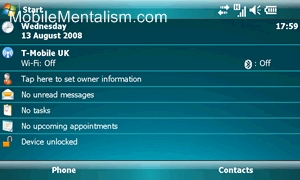
I have to say I agree with Cringely. Having reviewed three Windows Mobile phones recently, I noticed a number of issues that put me off the platform completely. Firstly, it’s ugly. The user interface seems to come straight from the days of Windows 95, and simply cannot compete with the likes of the iPhone. Indeed, it’s so bad that Sony Ericsson developed an entirely new user interface for its XPERIA X1 smartphone, which is based on Windows Mobile (though you’d never know it).
Secondly, every Windows Mobile device I’ve ever seen looks exactly like every other Windows Mobile device. Once you’ve reviewed one you’ve reviewed them all. The only thing that differentiates them is the speed and responsiveness of the hardware. Contrast that with the sexiness of the iPhone.
Windows Mobile, then, has become a commodity – something to be shifted in bulk without any sense of appeal to the user in terms of features, looks or performance.
Smartphones to dominate the mobile phone sector
This wouldn’t be a problem if all Windows Mobile had to compete against was Symbian, which itself is no looker, but times have changed fundamentally.
Smartphones are no longer niche products – all phones are becoming smartphones, which is why, when Samsung claimed it was only going to be working on basic phones in the future, what it meant was that basic phones will soon have the power of today’s top-end phone, and Samsung are going to be working hard to reduce the price these phones so that everyone has them.
In other words,all phones will become smart. The question then is, which platform will power them?
The major smartphone platforms
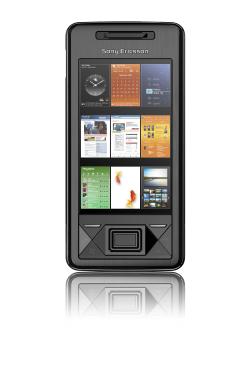
Not Symbian. It’s old, it’s clunky, and although it’s just been released as open source, it has too much legacy tied to it for it to compete effectively with the iPhone or Android.
Both Motorola and Samsung are already working on an Android phone, and Sony Ericsson have hinted that future XPERIA’s might also be based on Google’s new platform. And why not? Android is free, open source, completely open, and is perceived as the biggest challenger to the iPhone in terms of its user interface and the power of the applications it can drive.
Of the major players, that just leaves Nokia and LG. Nokia have been consistently derogatory about Windows Mobile, and given the fact that they now own Symbian, I can’t see them leaving the platform any time soon. So Symbian still has a future, but unless Nokia can make it look more appealing, it’ll be a very short one.
The future is Android, not iPhone
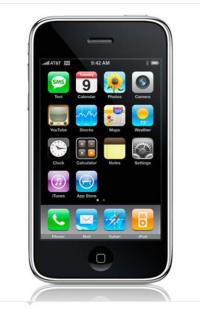
As for the iPhone, this is where I disagree with Cringely. He makes the argument that every market can support three major standards, with a market share distribution of 85%, 10%, and 5% (e.g. the PC, Apple, and Linux/Uni variants). Cringely reckons the iPhone will capture 85%, Android 10%, and Symbian or RIM remainder (Symbian because of the loyalty of companies such as Nokia and NTT DoCoMo; RIM because of the loyalty of its users).
His caveat is that this will only happen once Apple opens up the iPhone’s API, and it’s this that I can’t see ever happening. Apple are notorious for creating closed, locked-in technologies, and I can’t see them changing this philosophy with the iPhone any time soon.
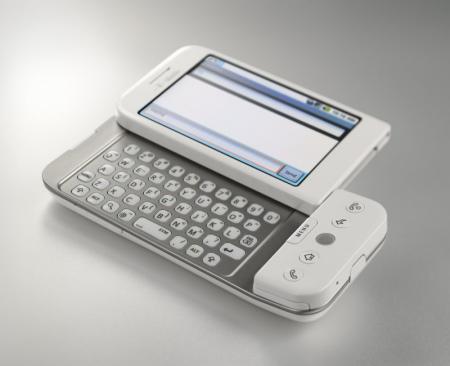
With Android being completely open, it’s not only handset manufacturers who can develop a range of Android phones to compete against the iPhone, it’ll be an entire army of bedroom coders, all creating Android apps that could outnumber iPhone apps by hundreds to one.
Cringely makes an analogy with the MP3 player market, in which Apple still retains top spot even though there are now open MP3 players out there. But this is the wrong analogy. MP3 players don’t have applications developed for them. An application ecosystem is not a differentiating factor for users who just want to to listen to music.
It is a hugely important factor for smartphones, though. Smartphones are becoming the new PCs, while the PC becomes invisible in the home. One of the reasons the PC became dominant is because of the huge number of applications developed for it. When changing from a PC to an Apple, the first thing you have to consider is “does it still run my application and my hardware?” Generally, the answer is no!
Smartphone apps will determine the winner
The same can be seen with the games consoles. The Playstation 2 had by far the largest number of titles, which was one of the reasons it beat the Nintendo GameCube, whose games had a much higher quality, into the ground (to extend the analogy, I recently compared the different smartphone platforms with the games console platforms).
The same will be true of the smartphone market. The number of applications for a smartphone will become more and more important, as users begin to realize the power of a platform with thousands of applications.

That’s not to say that existing smartphone platforms don’t have applications already. Both Symbian and Windows Mobile have hundred of individual apps developed for them. But on the whole, they’re clunky, outdated, expensive and not exactly appealing to your average user, being firmly pitched at the business executive.
Compare, for example, the average Symbian application against the applications in Apple’s App store. It’s like comparing the 20th Century with the 21st.
Social-based applications, such as those supported by the iPhone and Android, have become far more visible of late, too, as Facebook has exposed millions of users to the power of these little programs.
Facebook has shown users of all ages the benefits of a platform that supports thousands of new applications. It gives the platform extra life and makes it more exciting to use, as you never what you’ll be able to do with as developers develop new and more fantastic apps.
Whichever platform is able to generate more and better apps will become the dominant player. At the moment, that looks set to be Apple, but if it insists on keeping the iPhone’s API closed,it’ll soon be overtaken by the more open and far more dynamic Android platform, which can be turned to whatever use any developer wants.
So the future, in my opinion, is 85% Android, 10% iPhone, and the remainder split between Symbian and RIM.
All of which still leaves no room for Windows Mobile. The announcement of the death of Microsft’s mobile operating system might be premature,but I’m going to make it anyway. It’s too old, too clunky, has no appeal to users and limited support amongst developers and handset manufacturers. It’s days, in short, are numbered.


